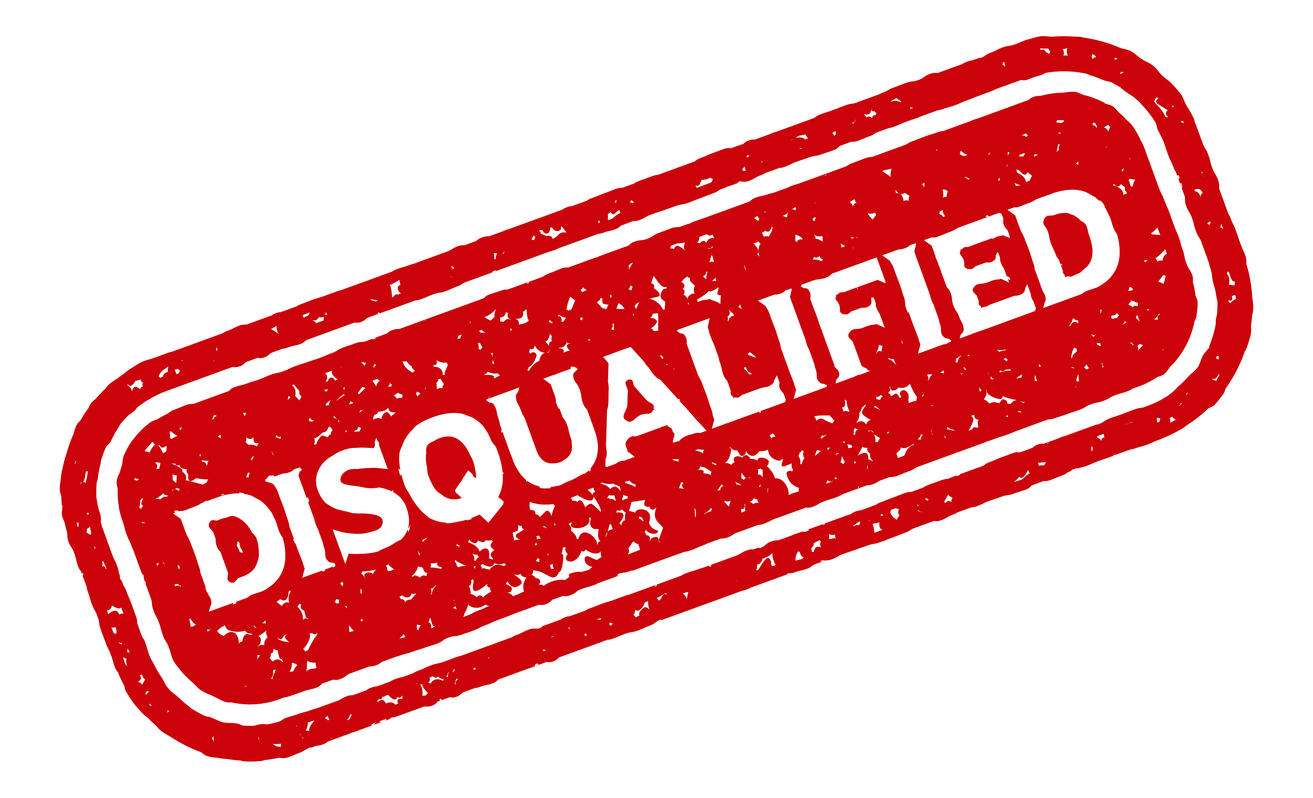There are many rumors going around about House Bill 1774, better known as “The Hail Bill” or “The Blue Tarp Bill,” which will go into effect on September 1, 2017. It is important to debunk those rumors and explain exactly what the bill means to Texas policyholders and their rights in this state.
First, the bill is a pro-insurance industry, anti-policyholder statute. There are no beneficial terms or provisions in the new law that benefit policyholders. It requires policyholders or their representatives to take specific actions prior to filing a lawsuit; if a policyholder’s representative fails to comply, the policyholder is prevented from filing a lawsuit.
Notice Letter
Under the new statute, 60 days prior to filing any lawsuit concerning a “force of nature” or “weather-related” event,1 a policyholder or the policyholder’s representative must send a notice letter detailing the cost to repair the property and attorney’s fees to date. The letter must specify the individuals and entities the policyholder intends to file a lawsuit against, the specific amount of money being sought for the cost of repair to the damage property, and attorney’s fees incurred to date. The statute also requires the notice letter to include, at a minimum, the following:
- a statement of the acts or omissions giving rise to the claim;
- The specific amount alleged to be owed by the insurer on the claim for damage to or loss of covered property; and
- The amount of reasonable and necessary attorney’s fees incurred by the claimant, calculated by multiplying the number of hours actually worked by the claimant’s attorney, as of the date the notice is given and as reflected in contemporaneously kept time records, by an hourly rate that is customary for similar legal services. Tex. Ins. Code 542A.003(b)
If a policyholder fails to provide pre-suit notice, the lawsuit will be dismissed. There are a few exceptions to this pre-suit notice listed in the statute, but they involve the tolling of a statute of limitations, and eventually notice must be given even in those exceptional cases.
The new law also allows insurance companies to enter the notice letter in evidence if the claim goes to trial. Therefore, it is crucial that the notice letter be accurate as to the cost of repairs; it could later become the measurement of a jury verdict. Likewise, recovery of attorney’s fees will also be directly impacted by the pre-suit notice letter as detailed further below.
Attorney’s Fees
Under the new statute, at 542A.007(a), the amount of attorney’s fees that may be awarded is the lesser of:
- Amount of reasonable and necessary attorney’s fees incurred by claimant in bringing the action and supported sufficient evidence;
- Amount of attorney’s fees that may be awarded under other applicable law; or
- Amount calculated by: (A) dividing actual amount awarded in the judgment for the claim by amount alleged to be owed on the claim in the notice letter; and (B) multiplying the amount under (A) by the total amount of reasonable and necessary attorney’s fees incurred by the claimant, as supported by sufficient evidence and determined by a trier of fact.2
The statute also states: “[T]he court shall award the claimant the full amount of reasonable and necessary attorney’s fees… if the amount [in (3)(a)] is greater than or equal to 0.8; not limited by this section or another law; and otherwise recoverable under law.” Also, pursuant to the following section, the court may not award attorney’s fees if the amount determined by (3)(A) is less than 0.2.3
In other words, discrepancies between amount alleged in a pre-suit notice letter and the amount awarded may jeopardize a policyholder’s ability to collect attorney’s fees entirely. This is exactly why policyholders must ensure their notice letters are as thorough and accurate as possible. Likewise, if a policyholder does not send a notice letter that complies with these new requirements and the insurer can prove it was entitled to one, but did not receive one, a court may decide not to award attorney’s fees at all.4 Thus, it is imperative to hire a knowledgeable attorney who is understands the new law and pre-suit requirements.
Inspection following Pre-Suit Notice
Within thirty days of receiving the pre-suit notice letter, the insurance company can make a written request to inspect the property. If reasonably possible, the inspection must be completed not later than the sixtieth day after receipt of the pre-suit notice.5
Agents or Adjusters of the Insurance Company
As for agents or adjusters, insurers will have the opportunity to accept, via written notice to the claimant, liability on behalf of its agent’s or adjuster’s acts or omissions. If the insurance carrier makes this election, the agent or adjuster cannot be a party to the lawsuit. Insurance carriers could possibly use this provision to forum shop to stay out of state court. If this occurs, cases could be removed from state court to federal court.
Penalties and Interest
Previously, the Texas Insurance Code allowed for penalties of 18% to be added to a finding of underpayment of the claim. Under the new law, the 18% penalty provision was slashed to a standard interest rate under the finance code plus 5%.6 Historically, the 18% penalty was a deterrent to carriers to ensure they promptly paid valid claims.
Bottom Line:
The new law creates several procedural hurdles to filing a lawsuit. Thus, it is imperative that policyholders who may be facing litigation to recover insurance benefits that they are owed seek help from knowledgeable and experienced help. Do not take on the burden of pre-suit notice without consulting an attorney. Protect your rights and your largest asset by hiring the right team.
We are here to help, if you have any questions, please email us at rsigman@merlinlawgroup.com or cmerlin@merlinlawgroup.com, or call us at (713) 626-8880.
________________
1 Tex. Ins. Code 542.001(2)(C) (“arises from damage to or loss of covered property caused, wholly or partly, by forces of nature, including an earthquake or earth tremor, a wildfire, a flood, a tornado, lightning, a hurricane, hail, wind, a snowstorm, or a rainstorm.”).
2 Tex. Ins. Code 542A.007.
3 Tex. Ins. Code 542A.007(b) and (c).
4 Tex. Ins. Code 542A.007(d).
5 Tex. Ins. Code 542A.005.
6 Tex. Ins. Code 542.060(c).



